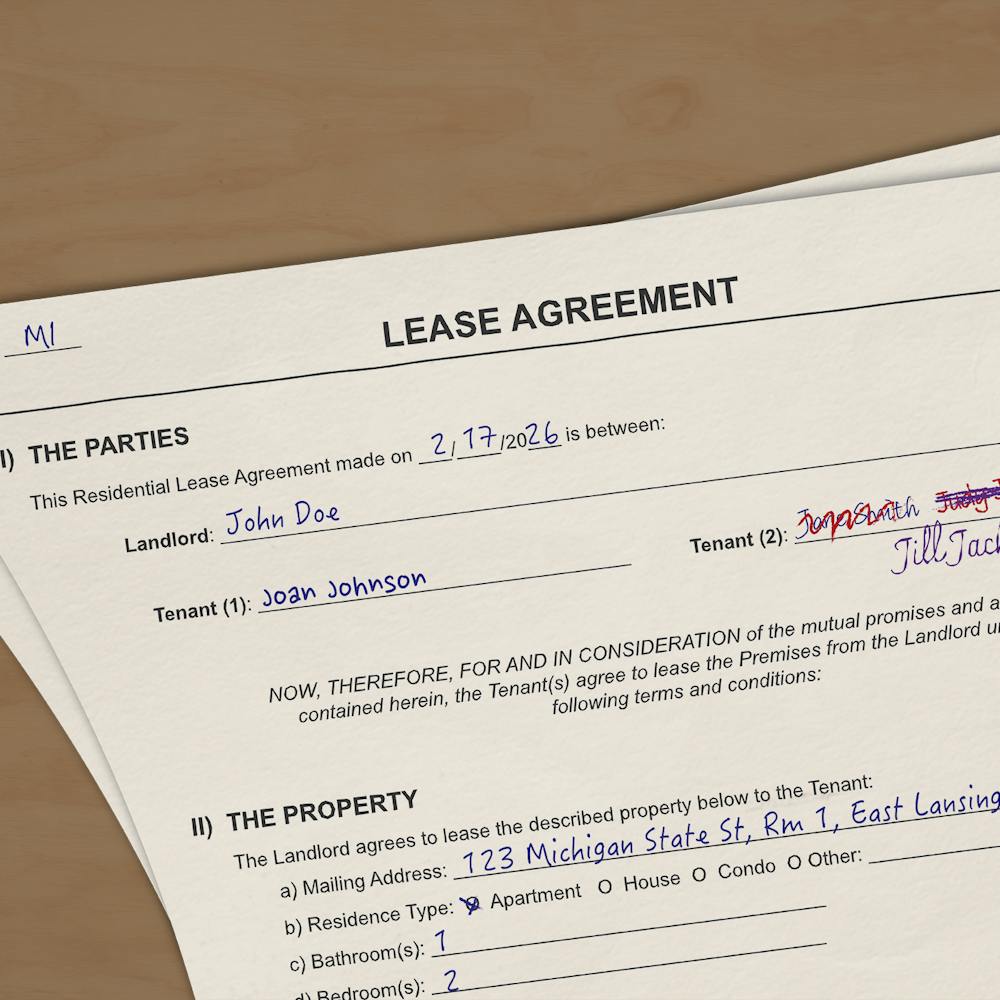Scalping tickets is technically illegal in Michigan, but the law is only sparsely enforced. State Rep. Tim Kelly, R-Saginaw, wants to officially decriminalize the practice.
Nancy Bareham, Kelly’s legislative director, said the law is outdated. Repealing it would deregulate the market, she said.
“The only people being prosecuted for the law right now are individual ticket sellers,” Bareham said. “Representative Kelly believes that the market can determine the price that sells for tickets. (State government) needs to get out of the way.”
Bareham said in other states, where the ticket market was deregulated, prices didn’t increase.
But MSU and Wharton Center have signed a letter along with major arenas, music venues and other Michigan universities, urging legislators to not support the bill.
The letter claimed supporters of the bill are “protecting the profits of out-of-state scalpers and companies, not the best interests of Michigan fans.”
Political theory and constitutional democracy senior Jacob Roberts said he believes scalping should be officially decriminalized.
“I think it would definitely be better to have it legal because people are doing it anyway,” Roberts said. “It’s an incentive to buy tickets early because you know it’s gonna be high-priced.”
David Bertram, MSU’s assistant vice president for state affairs, said selling tickets outside of venues happens freely because the law is not enforced and the university doesn’t consider individual scalpers an issue.
Bertram said the law still formally requires third-party ticket resellers to get permission from the venue, and repealing the law would allow resellers to inflate prices excessively.
One major ticket reseller, StubHub, has a contract with MSU athletics to facilitate sale of tickets from person-to-person.
Bertram said if the bill is approved, StubHub would no longer need MSU’s permission to resell tickets.
This also means that price limits that MSU ensures through the contract could no longer be enforced.
He said the legislation would allow large ticket brokers to “gobble up” tickets before fans could buy them online, then resell them at exorbitant prices.
“The problem with the bill is it’s actually going to disadvantage the general fans both of sporting events at MSU, and also those folks who like to attend theater productions at Wharton Center or concerts at Breslin,” Bertram said.
Staff reporter Sierra Lay contributed to this report.
Editor's note: This article was changed to accurately reflect that the Michigan House recently approved the bill.






